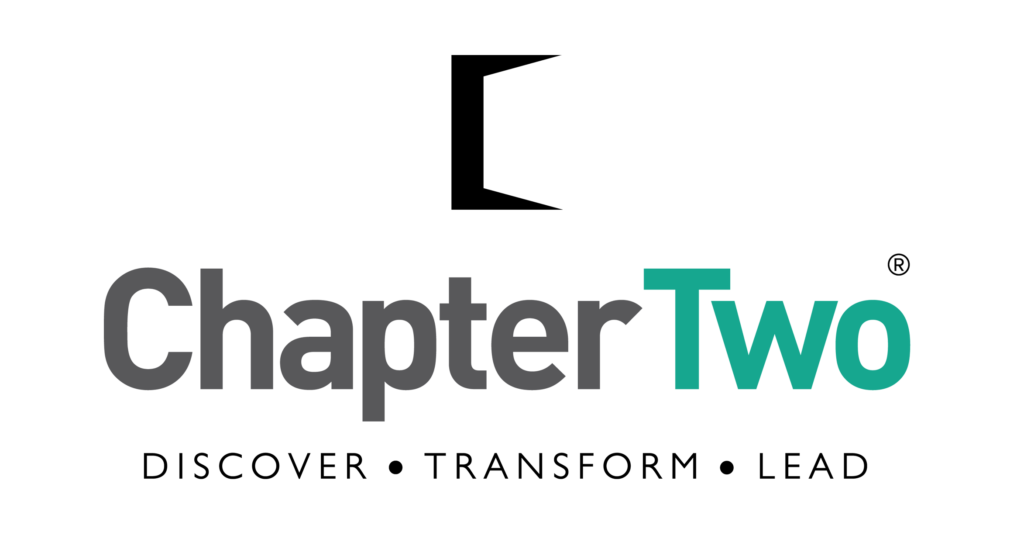The beginning of a year is a good time to set new boundaries for oneself. In his book, The Four Agreements: A Practical Guide to Personal Freedom, Don Miguel Ruiz outlines simple behavioural changes that can help you achieve personal freedom.
What is personal freedom? I like to think of it as a combination of self-awareness and acceptance, positive relations with others, the ability to stay calm under pressure, and a talent to extract positive meaning from experience – meaning that reflects our best intentions and goals.
It sounds easy enough. But there are many obstacles to achieving true and lasting personal freedom. The most critical obstacle is laid before us when we are powerless to stop it: in our childhood.
Ruiz says children are blank canvases on which others write rules. Children do not know any better than to agree with the rules of their parents and other elders, and they get indoctrinated. If a parent says ‘you are handsome and strong’, the child believes it. If the parent says, ‘You are useless and ugly’, the child believes this as well. Children don’t have a choice but to agree. As a result, what parents, teachers, religious figures and even friends offer children over time is something Carl Rogers calls conditions of worth: standards of behaviour children learn to follow in order to receive love and avoid criticism.
Eventually these standards become internalized into what Eric Berne calls a life script. I call this the Rule Book in your head – the unconscious set of instructions that drives your motivations and behaviour.
Some of these rules may be empowering. But what happens when some of these rules are false and disabling like ‘I am worthy only if I succeed. If I fail, I’m an outcast.’ A deeply indoctrinated thought like that can make a person anxious and guilt-ridden his whole life. In the face of an opportunity, his goal will not be to succeed; it will be to avoid failure. One can’t go on living this way. It’s the opposite of personal freedom.
The key to freedom is to be aware of rules in our rulebook that are either irrational or limiting or both. And to regulate these rules, eventually even replace them with healthy rules that allow us to think clearly and function productively.
Here are four rational, enabling arguments to enable you achieve more freedom:
1. Be impeccable with your word: You become your stories – those things you keep telling yourself and others in your head. Choose your words with care. Be generous with everyone, most of all with yourself. Avoid using harsh words against yourself. Refrain from gossip and toxic people. Use the power of your word in the direction of truth and progress.
2. Don’t make assumptions: Don’t take anything for granted. Don’t jump to conclusions. Seek first to understand the other instead of judging them. Then communicate your intentions clearly and compassionately. This will save you a lot of interpersonal trouble.
3. Don’t take anything personally: What others say or do is usually a reflection of their reality, not yours. When you are immune to the opinions and actions of others, you will not be a victim of needless suffering. Sift through what people tell you. Take what you need and let go of the rest.
4. Always do your best: No matter what your circumstances may be, always do your best. That way, you will avoid self-judgement and regret. The way to do this is to find that special ‘spark’ in the task that motivates you, gives you a reason to do a good job and complete what you began. Research proves happiness doesn’t necessarily come from positive results. It comes from positive effort. So don’t be so outcome-oriented that you forget to take joy in the process. Process is everything.
I think these 4 agreements are simple, practical and very useful. I’ve started to use them and it’s already creating a difference. I feel clearer and lighter. Why don’t you try them too? Here’s to a transformative 2016 and to the freedom to choose enabling thoughts over disabling ones.
About the Author:
Sandhya Reddy is a leadership & transformation coach based in Bangalore, India. She is the Founder and Principal Coach at Chapter Two Coaching, a coaching consultancy that enables everyone from CEOs to work-from-home parents to achieve their goals by replacing self-imposed limitations with enabling stories.
Many of us in our thirties experience a disquieting realization: what brought us to middle-management may not take us to senior-management. This is true. To chart a new career path, one needs to think and do things differently. This is where Sandhya can help. She is a coach. Life coaching, executive coaching, business coaching, personality development, leadership coaching… they are all part of her forte. Her Executive coaching programs helps tomorrow’s leaders set new goals, make new plans to achieve those goals, get that elusive promotion through a blend of knowledge, action and image-building, enhance influence among the leadership team, be more productive, get more out of one’s team, and be known in the company as an indispensable performer and future leader.
